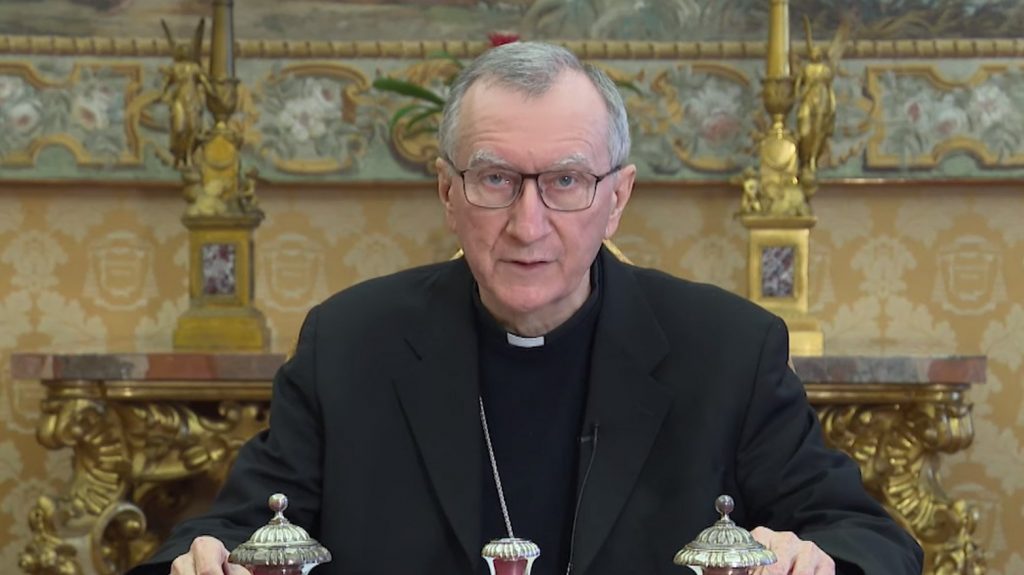The Vatican Secretary of State has called for a new model of development built on “the synergistic bond” between the fight against climate change and the struggle against poverty.
In a video message to the Climate Adaptation Summit taking place online Jan. 25-26, Cardinal Pietro Parolin said that climate change is “one of the principal challenges facing humanity in our day.”
“This is a moral and humanitarian imperative, especially since the greatest negative consequences of climate change often affect the most vulnerable: the poor and future generations,” the cardinal said.
“While the poor are the least responsible for global warming, they are the most likely to be affected, since they have the least adaptive capacity and often live in geographical areas which are particularly at risk.”
The Climate Adaptation Summit is a virtual international summit organized by the Netherlands aimed at outlining practical solutions for confronting climate change.
The summit’s list of speakers include French President Emmanuel Macron, German Chancellor Angela Merkel, British Prime Minister Boris Johnson, and U.S. Special Climate Envoy John Kerry.
“On behalf of Pope Francis, I … wish to assure you of his closeness, support and encouragement in these days of intense effort for a fruitful outcome to this Climate Adaptation Summit,” Cardinal Parolin said in his video message.
The Vatican Secretary of State called for “stronger international cooperation committed to a low-carbon sustainable development” and an investment in “strengthening technologies and resilience and transferring them under fair conditions, particularly to the most vulnerable countries.”
“Complementarity mitigation and adaptation activities require coming up with a global and shared long-term strategy based on precise commitments, capable of defining and promoting a new model of development and built on the synergistic bond between the fight against climate change and the struggle against poverty,” the cardinal said.
Parolin urged that there is “no alternative but to make every effort to implement a responsible, unprecedented collective response, intended to work together to build our common home.”
“May we make the response to climate change an opportunity for improving overall living conditions, health, transport, energy and security, and for creating new job opportunities,” he said.
“This task is difficult and complex, but we know that we have the freedom, intelligence and capacity to lead and direct technology and to put it at the service of another type of progress: one that is more human, social and integral.”

